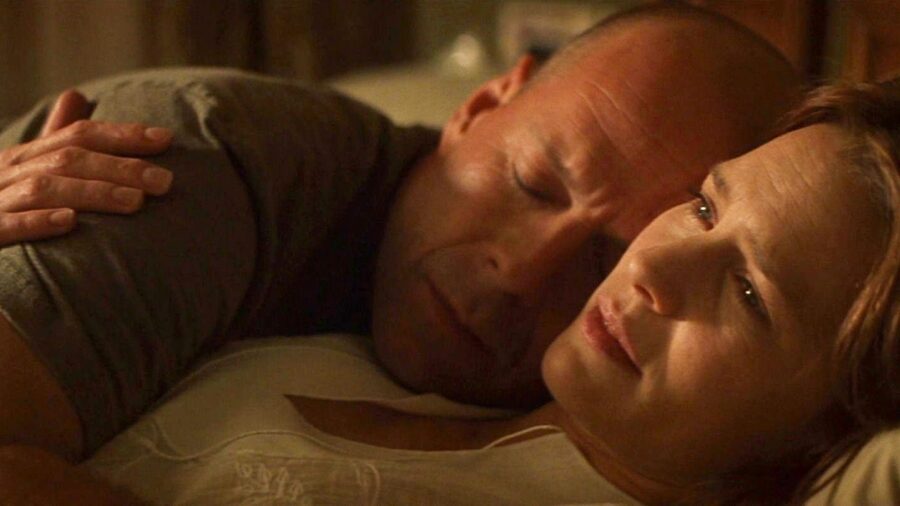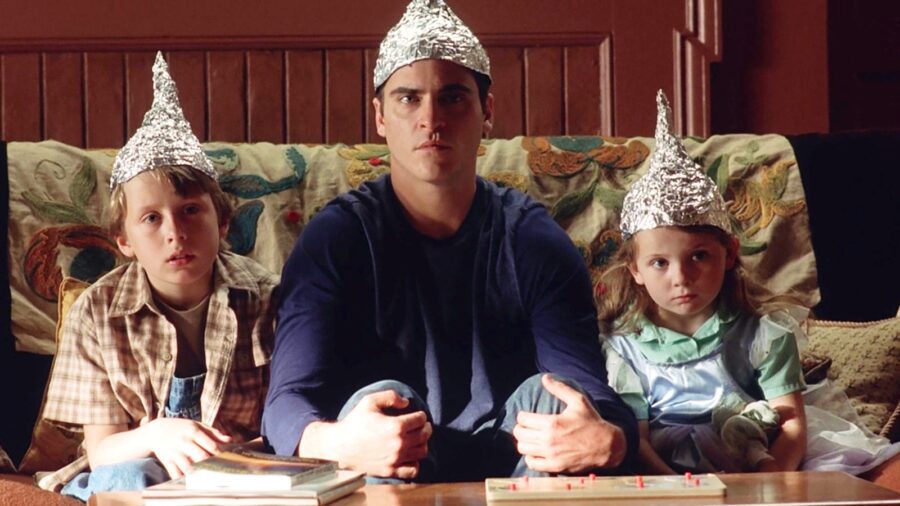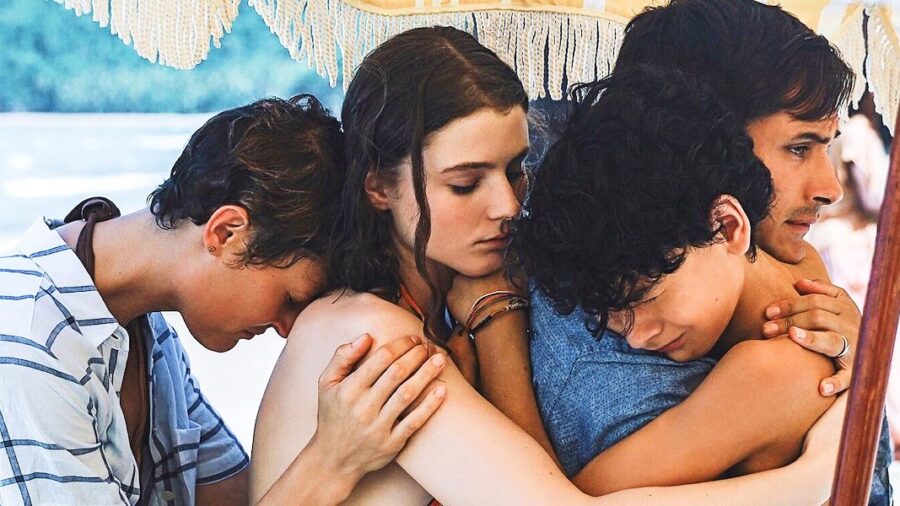M. Night Shyamalan’s Secret Weapon Is Not Twists
M. Night Shyamalan's true gift as a filmmaker is not his twists, but in his compassion.
Despite being one of the most successful film directors in the world and working with massive stars like Bruce Willis and Joaquin Phoenix, people find it easy to dismiss M. Night Shyamalan. Some of that dismissal can be attributed to the filmmaker’s choice of material; artists who work in genres like horror and science fiction rarely get the same kind of critical respect as those who make period dramas or movies about how war is really rough on people. However, M. Night Shyamalan has also been tagged in culture as someone who relies on a third-act twist to make his movies memorable despite that his work is not powerful because of cheap tricks, but because of their consistent themes of human connection in the face of sorrow.

M. Night Shyamalan had already made two little-seen movies before he broke out to audiences in a huge way with The Sixth Sense, the movie that launched a million “I see dead people” jokes and produced one of Bruce Willis’ finest-ever performances. The late twist, in which it turns out that child psychologist Bruce Willis is one of the dead people seen by the troubled child Haley Joel Osmont because a cultural talking point and a huge part of its success. But there have literally thousands of ghost stories put to film; what makes The Sixth Sense different?
It was not the simple fact that there is a twist (although as twists go, it is a solid one). The Sixth Sense would not resonate nearly as much without the other main plot of the movie, Bruce Willis (seemingly) collapsing marriage to Olivia Williams. The Sixth Sense is not a movie about ghosts, it is a movie about a man trying to connect with his distant spouse, a boy trying to learn to communicate with his mother, and ultimately, about two people on either side of the brink of life and death learning to trust and appreciate each other.

This is a distinct thread that goes through many of M. Night Shyamalan’s movies: emotionally disconnected people trying to figure out a way to reach someone else. In Unbreakable, Bruce Willis again has to try to work through a failing marriage (to Robin Wright this time) and his distant son. In Signs, Mel Gibson learns to work through the trauma of his past and reclaim both his sense of faith and his connection with his family.
In The Village, an entire town full of people has been so brutalized by the modern world that they retreat into a made-up world of monsters and color-coding, a blunt metaphor for trauma reactions if there ever was one. But the key to the movie is not that the monsters in the woods are just empty costumes, it is that people will risk everything in order to help the people they care about. In Old, a mysterious beach may accelerate the aging process at a terrifying rate, but the heart of the film is not that it is being used for medical research by a mysterious, shadowy organization, but that a family grows to appreciate and love one another again, even in the face of imminent death.

More than most filmmakers, M. Night Shyamalan has had a career of immense highs and success and deep lows, which is how we will choose to politely refer to his live-action version of The Last Airbender. But one thing that has been consistent throughout his very rocky filmography is a sense of empathy for characters who are being ground down by the world but still try to find a way to reach out to others. Anyone can make a ghost story; it takes more skill and compassion to find the humans as well as the ghosts.
Despite a collapse in the late 2000s that would sink most filmmakers permanently, M. Night Shyamalan has managed to resuscitate his career with well-received, lower-budget movies like The Visit and Split, and has a new film titled Knock at the Cabin scheduled to be released in February. While the trailer for the film has all the classic hallmarks of horror (knives, a cabin in the woods, Dave Bautista), the presence of a family in trouble is what makes this apparent as a M. Night Shyamalan movie. We will just have to wait and see if it has the same sense of kindness to them.












